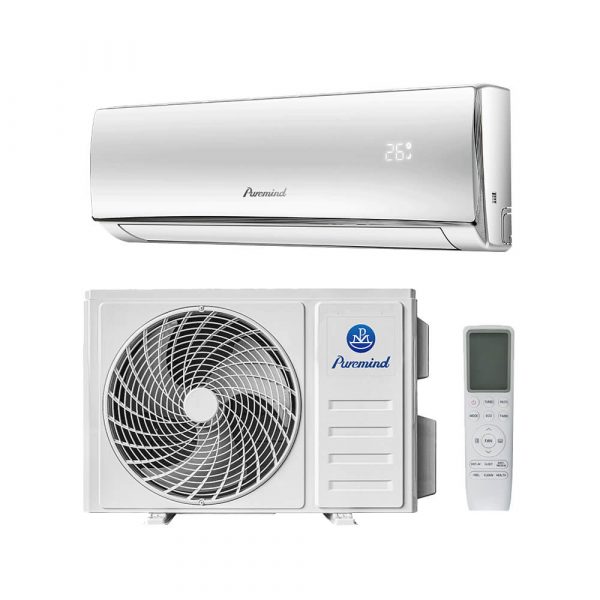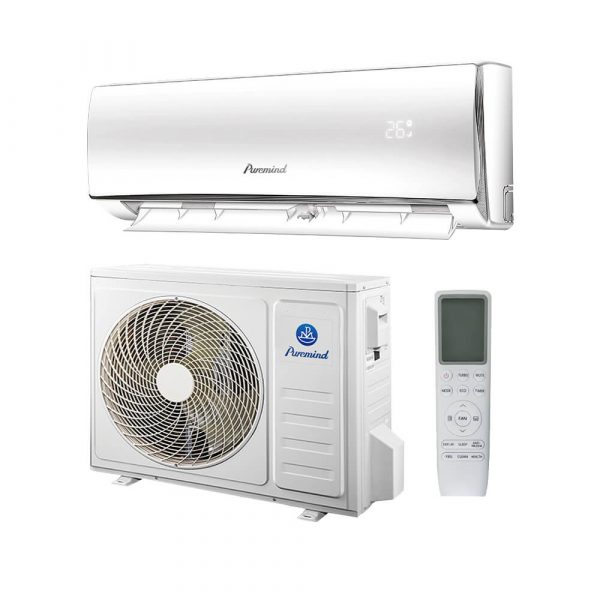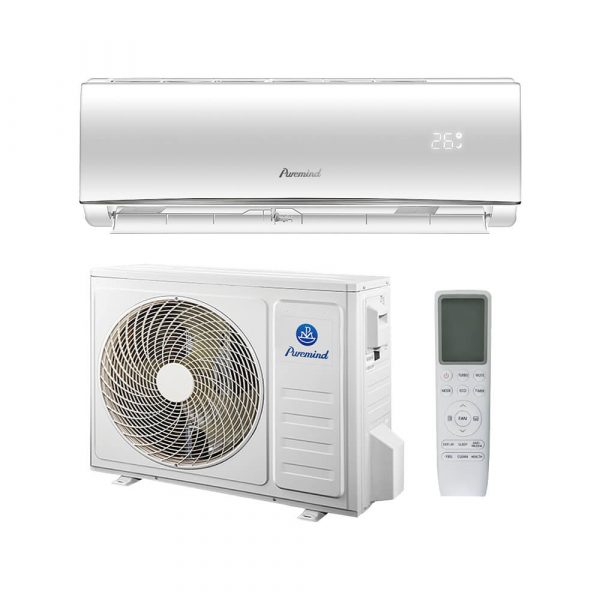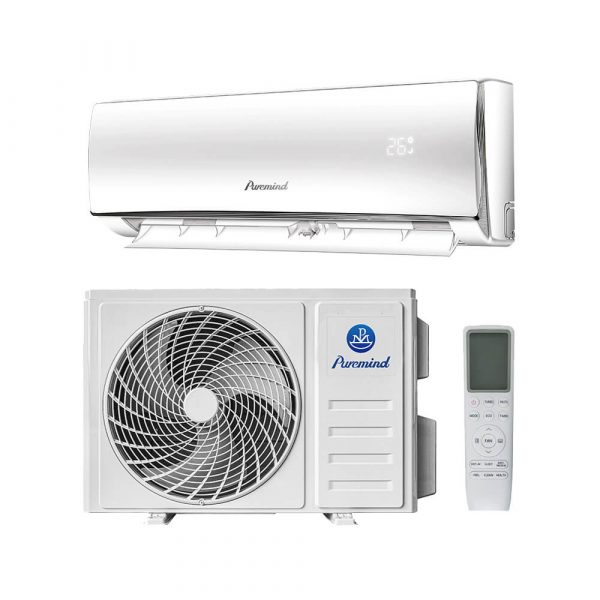A Mini Split Air Conditioner: Complete Guide for Wholesalers and Distributors
A mini split air conditioner has become one of the most popular cooling solutions in both residential and light commercial markets. With rising energy costs and increasing demand for flexible HVAC systems, wholesalers, suppliers, and distributors play a crucial role in meeting this market demand. This article provides a complete overview of mini split systems, their advantages, applications, installation practices, and how businesses can benefit from stocking and distributing them.
What Is a Mini Split Air Conditioner?
A mini split air conditioner, also known as a ductless split system, consists of an outdoor compressor unit and one or more indoor air-handling units. Unlike traditional central HVAC systems, mini splits do not require extensive ductwork. Instead, they use a small conduit for refrigerant and electrical connections. This design makes them highly efficient and flexible for a wide variety of spaces.
Key Features of a Mini Split Air Conditioner
- High Energy Efficiency: Many mini splits come with SEER ratings above 20, outperforming most traditional units.
- Zone Cooling: Multiple indoor units allow precise temperature control in different rooms.
- Flexible Installation: Wall-mounted, ceiling cassette, or floor-mounted options are available.
- Quiet Operation: Indoor units operate at very low noise levels, ideal for residential and office use.
Why Wholesalers and Distributors Should Stock Mini Splits
The global HVAC market has been shifting toward energy-efficient and space-saving technologies. According to ASHRAE, ductless mini splits are among the fastest-growing categories due to their ability to meet strict energy standards. For wholesalers and distributors, stocking mini split systems means tapping into a growing segment that appeals to contractors, builders, and eco-conscious consumers.
Applications of a Mini Split Air Conditioner
Mini split air conditioners are highly versatile. They are used in:
- Residential Homes: Perfect for new constructions or retrofits in older houses without ducts.
- Commercial Offices: Ideal for zone-based cooling in small offices and meeting rooms.
- Retail Shops: Provide quiet and efficient cooling without disrupting customers.
- Hospitality Industry: Hotels and resorts use mini splits for room-by-room comfort.
Mini Split vs. Traditional HVAC Systems
Wholesalers often face customer questions about why they should choose a mini split over central air conditioning. The main differences include:
- Mini splits eliminate duct losses, improving energy efficiency by up to 30%.
- Installation is faster and less invasive compared to central HVAC systems.
- They offer targeted comfort, while central systems often overcool or undercool certain areas.
How to Choose the Right Mini Split Air Conditioner
Distributors should educate buyers on selecting the right unit. Key factors include:
- BTU Capacity: Matching system size with room square footage is critical.
- Number of Zones: Single-zone or multi-zone options depending on the project.
- Efficiency Ratings: Higher SEER and HSPF ratings for eco-conscious customers.
- Brand and Warranty: Reliable manufacturers and long-term support build customer trust.
Installation Considerations
While mini splits are easier to install than ducted systems, professional installation is still required. Wholesalers should ensure their contractors are trained in proper refrigerant handling, electrical wiring, and system commissioning. Providing installation guides and support improves distributor credibility and customer satisfaction.
Market Opportunities for Wholesalers
Wholesalers and distributors can increase sales by targeting sectors such as home improvement retailers, HVAC contractors, and construction companies. Promoting product benefits like energy efficiency and quiet operation can help capture both residential and commercial clients. Linking product listings directly, such as split air conditioner inventory, ensures buyers can find the right solutions quickly.
Future Trends of Mini Split Systems
With the rise of smart homes, mini split air conditioners are integrating with IoT technology, enabling remote control via apps and voice assistants. Eco-friendly refrigerants and improved inverter technology are also driving future growth. Wholesalers should stay updated on these innovations to remain competitive in the market.
Conclusion: Why Invest in a Mini Split Air Conditioner Business?
For wholesalers, suppliers, and distributors, the mini split air conditioner represents a rapidly expanding opportunity. Its energy efficiency, ease of installation, and wide application make it a profitable product line. By building strong supplier relationships, offering training, and educating buyers, businesses can maximize their success in this sector. Investing in a mini split air conditioner today positions your company as a forward-thinking player in the HVAC industry.







